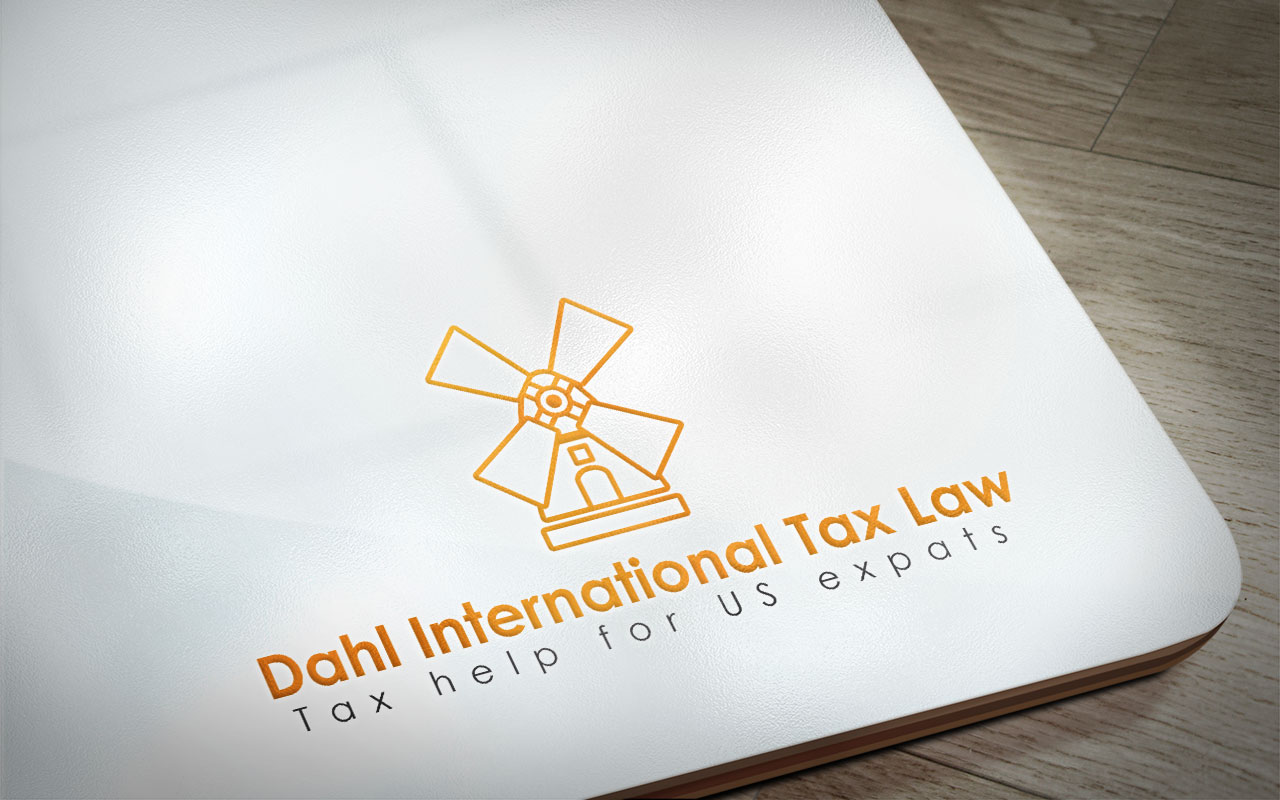What exactly is this payment?
The payment is technically an advance on 2020 taxes that is available for the entire year. It is unclear whether filers would be required to repay the credit if they do not owe taxes in 2020.
Are the payments available to expats?
Yes. The final version of the bill that became law on 27 March did not contain minimum income or tax requirements. The first version of the bill would have not have provided payments to expats who use the Foreign Earned Income Exclusion form to protect themselves from double taxation. All expats who filed a recent tax return should be eligible to receive a payment.
We recommend filing your 2019 tax return as soon as possible and including a US bank account. If you don’t have one, we recommend opening an online account with Transferwise and creating a US dollar account. Transferwise will provide routing and account numbers that you can include on your tax return for direct deposit.
How large will the payments be?
Most adults will get $1,200, although some would get less. For every qualifying child age 16 or under, the payment will be an additional $500.
How many payments will there be?
Just one. Future bills could order up additional payments, though.
How do I know if I will get the full amount?
It depends on your income. Single adults with Social Security numbers who have an adjusted gross income of $75,000 or less will get the full amount. Married couples with no children earning $150,000 or less will receive a total of $2,400. And taxpayers filing as head of household will get the full payment if they earned $112,500 or less.
Above those income figures, the payment decreases until it stops altogether for single people earning $99,000 or married people who have no children and earn $198,000. According to the Senate Finance Committee, a family with two children will no longer be eligible for any payments if its income surpassed $218,000.
You can’t get a payment if someone claims you as a dependent, even if you’re an adult. In any given family and in most instances, everyone must have a valid Social Security number in order to be eligible. There is an exception for members of the military.
You can find your adjusted gross income on Line 8b of the 2019 1040 federal tax return.
Do college students get anything?
Not if anyone claims them as a dependent on a tax return. Usually, students under age 24 are dependents in the eyes of the taxing authorities if a parent pays for at least half of their expenses.
What year’s income should I be looking at?
2019. If you haven’t prepared a tax return yet, you can use your 2018 return. If you haven’t filed that yet, you can use a 2019 Social Security statement showing your income to see what an employer reported to the I.R.S.
What if my recent income made me ineligible, but I anticipate being eligible because of a loss of income in 2020? Do I get a payment?
The plan does not help people in that circumstance now, but you may benefit once you file your 2020 taxes. That’s because the payment is technically an advance on a tax credit that is available for the entire year. So it will depend on how much you earn.
Will I have to apply to receive a payment?
No. If the Internal Revenue Service already has your bank account information, it will transfer the money to you via direct deposit based on the recent income-tax figures it already has.
When will the payment arrive?
Treasury Secretary Steven Mnuchin said he expected most people to get their payments within three weeks.
If my payment doesn’t come soon, how can I be sure that it wasn’t misdirected?
According to the bill, you will get a paper notice in the mail no later than a few weeks after your payment has been disbursed. That notice will contain information about where the payment ended up and in what form it was made. If you couldn’t locate the payment at that point, it would be time to contact the I.R.S. using the information on the notice.
What if I haven’t filed tax returns recently? Will that affect my ability to receive a payment?
It could. File a return immediately, at least for 2018, according to the I.R.S. website. “Those without 2018 tax filings on record could potentially affect mailings of stimulus checks,” the site says.
Sources: Internal Revenue Service Website
IRS Operations During COVID-19: Mission-critical functions continue
NY Times
Coronavirus Stimulus Package FAQ: Checks, Unemployment and More
Last accessed 29 March 2020
NPR
03/23/2020: The latest IRS announcements here: News Releases for Current Month
03/25/2020: The original proposed senate bill here, with the amendments reflected here (official text has not yet been released) S. 3548
03/28/2020: The bill is now enacted into law! The most recent tax return will be used to send out the Stimulus Checks (2019 or 2018), so make sure your address and US bank account details are updated.
